Hanna Skarżanka
出生 : 1917-03-08, Mińsk, Imperium Rosyjskie (obecnie Białoruś)
死亡 : 1992-11-08
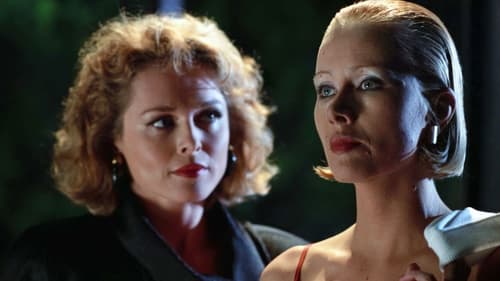
Gabriela
The main character is Bogna, a thirty year old woman lost in her surrounding reality and unhappy in her private life. After her husband departs for a foreign scholarship, Bogna learns that her mother died. The trip to her hometown for the funeral becomes a voyage in time, during which she relives the memories of her idyllic childhood.

Dyrektorka liceum
Young people living in Poland in the late 1960s had to face difficult times and make tough choices. Some of them were forced to leave their country for having Jewish origin. And for political reasons.

Boarding-house owner
An Uruguayan diplomat brings his new wife with him on a business trip to Poland in the summer immediately preceding the outbreak of World War II.
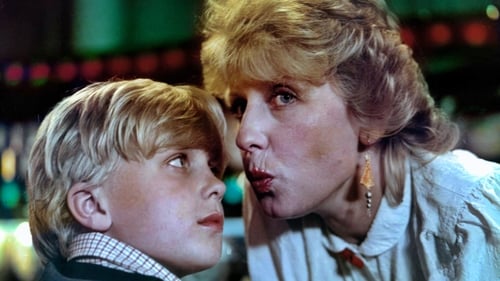
Mrs. Lena
Rafal takes care of his dysfunctional carefree mother who is more interested in men, pills and alcohol than in the problems of her young yet very mature son.
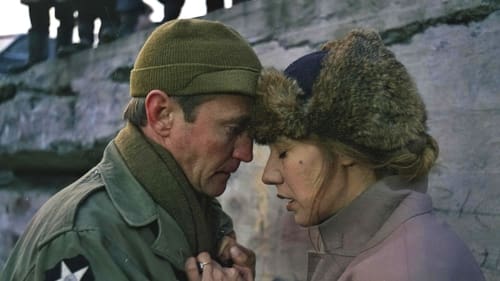
matka Emilii
Shortly after World War II an American soldier (Norman) and a Polish refugee (Emilia) fall in love. Eventually he will return to the U.S. and both expect that she will soon follow him with her mother. Emilia's mother is sick, but will recover with the right medicine. But the mother, and not Emilia, knows that there will only be one ticket...
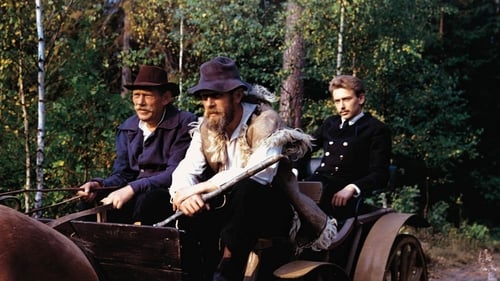
Gość baronostwa

Bukowska, matka Romualda, Dionizego i Wiktora
The film evokes a childhood in rural Lithuania between the wars. A country boy, Tomaszek, lives on a rich estate, situated on the Polish border. He realizes that the Issa Valley he lives in is to be torn apart by internal political conflicts and unrests among the mixed population of Poles, Lithuanians, Jews and Russians. He, however, is captivated by a paradise surrounding him, the forest, and his fantasies.
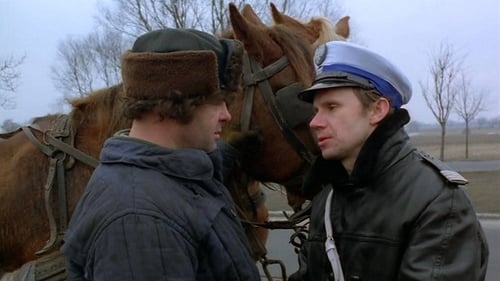
Charwoman
The main character, nicknamed "Teddy Bear" by his friends and acquaintances, is a manager of a sports club in Poland. One day he is detained at the border just as his sport team is off to a tournament. It appears that somebody has torn out a few pages from his passport. It occurs to him that perhaps his ex-wife has done it in order to get her hands on their joint account in a London bank. Therefore, he has to get to London as soon as possible in order to transfer the money to a different bank. The solution is taking part in a movie, made by his friend. The script requires a double role, thus the search for another actor is announced. The double has to apply for the passport, and that is solved through a girlfriend who agrees to play the dope's new fiancée. At the engagement party he is slipped a drug, and Teddy Bear runs off to the airport with the false passport. On the plane, however, he meets his ex-wife...

babcia Jerzego
The four sequences in the film cover four days in a life of young Warsaw lad in September 1938, 1939, 1943 and 1944. In the first sequence Jurek decides not to study in the Sorbonne but enlists in a Polish military school instead. In the second sequence the war starts and Warsaw is occupied. In the third sequence he works in the underground resistance. The final sequence takes place during the Warsaw uprising.
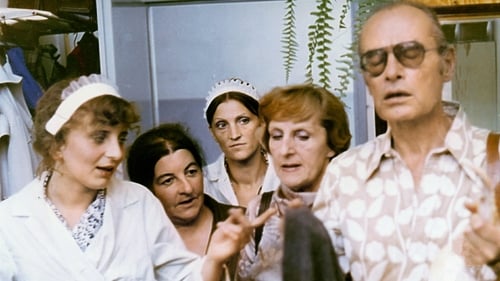
sprzątaczka w ośrodku rekreacyjnym
Tadeusz Krzakoski (Krzysztof Kowalewski), the director of a failing state-owned company, is married with problems. His mistress, the daughter of a Communist party bigwig, says she's pregnant and Tadeusz knows he'll have to marry her to save his reputation and his job. But divorce is never simple and Bareja's screwball comedies are never boring.

A young doctor from the lower classes is helped in his career by a rich woman. When he comes back from study in Paris he takes a job at a watering spa. He comes up against the owners when he tries to help the poor.
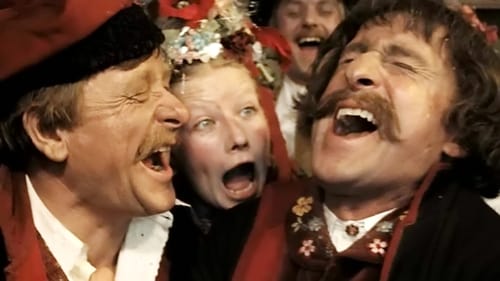
Klimina
Set at the turn of the century, the story concerns a Polish poet living in Cracow who has decided to marry a peasant girl. The wedding is attended by a heterogenous group of people from all strata of Polish society, who dance, get drunk and lament Poland's 100-year-long division under Russia, Prussia, and Austria. The bridegroom, a painter friend, and a journalist each in turn is confronted with spectres of Polish past. In the end a call to arms is called but turns out to be a hoax.

Rafał is suspected of killing a turtle that fell out of the balcony.

Rozyna, służąca żony Mazzea

Matka Karola
Karol lives alone in the forester's lodge. Unexpectedly, he is visited by a mother whom he has not seen for years.

Jadwiga Zawadowa
A young farm boy spends his days dreaming and making totem-pole like sculptures out of wood. His brother is a go-getter: studies agricultural engineering, comes back with diploma to marry the pretty girl next door. The dreamer graces puts his sculptures around, invoking anger of his father and ridicule of the peasants who find him useless. During the brother's wedding he sets his totems ablaze. He makes a pass at his new sister-in-law, but returns to his own reveries. In the end he hears a call to bring a log out of the marshes, but during the escapade sinks into the bog.

Włada
Wlodek is a young man stuck in a dead-end job at the local library who lives with his harridan wife and critical in-laws in a small apartment. When Wlodek draws the interest of a library patron, the beautiful young woman encourages him to strive for better things in his life and professional career. Together, the two take off for a three-day affair, but surprises could await Wlodek upon his return home.

Hostess
A man who is socially inept and out of touch with the world lives with his sister in a small farmhouse. The overly sensitive man lives off his hard-working sibling, taking odd jobs as he gets them to secure his meager earnings. When he brings home a woodcutter from the forest, the sister and the newcomer fall in love. Terrified over a life without his sister, the man can't cope and decides to kill himself. This depressing tale of alienation, doubt and uncertainty was the Polish entry at the Cannes Film Festival in 1968.

Loda Przywlocka
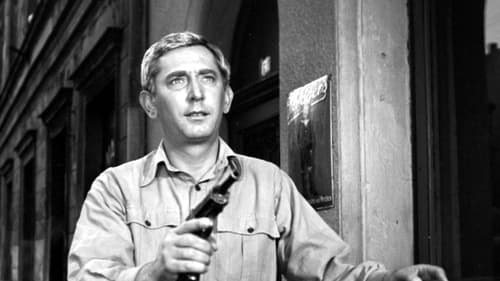
Barbara Dubikowska
At the end of World War Two, Polish people move to the western lands vacated by Germans. But some ruthless profiteers pose as government representatives and intend to make off with loot from a deserted town they took over. One honest man stands up against them because he believes these goods belong to the people.

Genowefa Róza Binkowska
After years of working in the city, Róża returns to the countryside. The property she has accumulated draws the attention of local bachelors.

The film opposes the view that childhood is the happiest time of our lives. Childhood dramas are deeply etched in memory and leave a permanent imprint on our consciousness. The Carousel Part I. Little boys from a small town want to take a ride on the carousel but they have no money. They push the carousel for hours. They hope that the owner will eventually give them a free ride. In the evening, however, they are already too tired to take up his offer. They are allowed a ride, but they refuse. The Fall of a Millionaire Part II. A ten-year-old boy wants to impress his friends. He is feeble and shy, but he has a piggy bank, which becomes the object of desire for his peers. He tells the other boys that he will soon buy a bicycle from the accumulated savings. When the bank is broken into pieces, the myth of the millionaire is shattered. There are only banknotes painted by the little dreamer. Joanna Piątek, Leksykon polskich filmów fabularnych, Warszawa 1996

Female Boss
Hamlet suspects his uncle has murdered his father to claim the throne of Denmark and the hand of Hamlet's mother, but the prince cannot decide whether or not he should take vengeance.
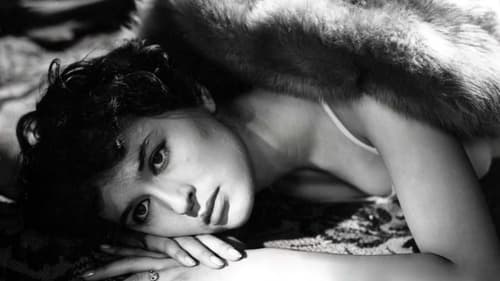
Maryna
The story takes place before World War II and centers on Pawel, a member of a conservative, middle-class family, and his love for Lidka, a taxi dancer. Social conventions and the lovers' inability to defy those forces Pawel and Lidka benefit. Times change, war breaks out, leading to Pawel sent to Auschwitz while Lidka marry his cousin. Their love has survived and conventions are no longer the issue.

Kobylicha
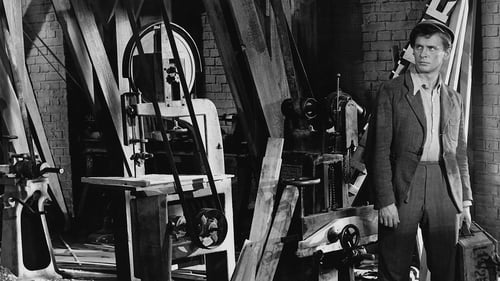
Antoniowa
ナチ支配下のポーランド。石炭を盗むのが生業の若者が、仲間を独軍の機銃掃射で失い、自分も傷ついたところを工員の青年に助けられる。彼を通じて抵抗運動の女性闘士を知った若者は彼女に恋するが、やがて彼女にも悲劇が訪れる……。脇役で出演もしているポランスキーをして“この作品でポーランド映画のすべてが始まった”と言わしめた、ワイダの長編処女作。後に「地下水道」「灰とダイヤモンド」と続く“抵抗三部作”の最初の作品。まだ演出には生硬な所があるが、感情を一気に衝撃的なラストまで高めていく剛腕は彼ならではのものだ。
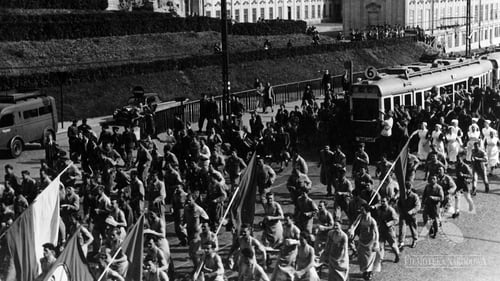
Sędzina
In war-ravaged Warsaw, five juvenile delinquents are given probation for stealing, to rehabilitate themselves, but remain under the influence of their profiteer-boss.

Hiszpanka (nie występuje w napisach)
Two-part biopic about General Karol Świerczewski, living embodiment of the party line, and the group of party members from his hometown fighting the fascist forces towards the socialist state of affairs.
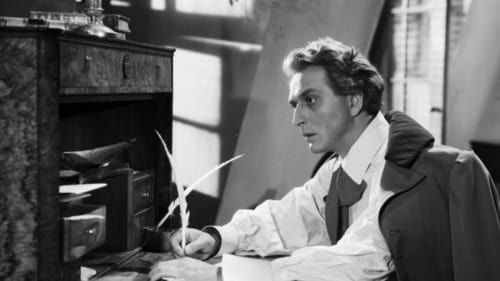
Parisian Worker
As directed by Aleksander Ford in 1952, this Polish-language period drama chronicles the life, times and accomplishments of revered Warsaw-born Romantic composer Frederic Chopin, here played by Czeslaw Wollejko (Danton). The feature focuses exclusively on the youth of Chopin (who died at age 39), spanning his 15th year (c. 1825) through his 21st year (c. 1831); it also depicts Chopin as both prodigiously gifted and one filled with a tremendous spirit of Polish nationalism. Ford concludes with the onset of the illness that eventually killed Ford, set against the backdrop of the famous November Uprising in 1830.

eresa, była miłość Marka























